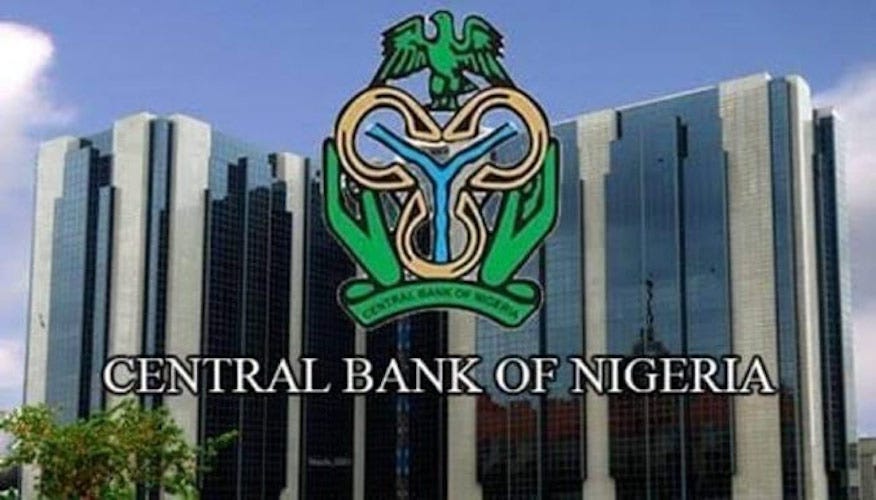FX Inflows Jump 62% M-o-M to $5.96bn as Market Confidence Strengthens
NumeEkeghe
Nigeria’s foreign exchange market witnessed a significant boost in May, with total inflows rising by 62.0 per cent month-on-month (M-o-M) to $5.96 billion, driven largely by increased participation from domestic and foreign investors.
This marked the highest inflow level in recent months and signals improving market sentiment amid macroeconomic reforms and a relatively stable naira.
Meanwhile, the Central Bank of Nigeria (CBN) Purchasing Managers’ Index (PMI) for May sustained its expansionary trend for the sixth consecutive month, although it recorded a marginal decline to 52.1 points, down from 52.2 points in April.
But Cordros Securities’ latest macroeconomic update report showed that the rise was primarily fuelled by a surge in local sources, which accounted for 83.2 per cent of total inflows, while foreign sources contributed 16.8 per cent.
On FX inflow, it stated: “According to the data from FMDQ, total inflows into the Nigerian Foreign Exchange Market (NFEM) surged by 62.0 per cent m/m to $5.96 billion in May, April: $3.67 billion. The improvement was primarily due to a substantial increase in inflows from both local, 83.2 per cent of total inflows and foreign 16.8 percent of total inflows sources.”
This was, however, accompanied by a decline in central bank inflows, which fell to $649.8 million in May from $1.35 billion the previous month—reflecting the apex bank’s continued retreat from its dominant role in the FX market in favour of market-driven liquidity.
Foreign sources also posted a robust 51.7 per cent month-on-month increase, totalling $997.6 million, the highest level in three months. The report attributed the uptick to a resurgence in foreign portfolio investment (FPI), which rose by 61.3 per cent to $880.8 million, alongside a 10.0 per cent increase in inflows from other corporates. However, foreign direct investment (FDI) recorded a slight dip of 6.3 per cent to $32.9 million.
“In the near term, we anticipate that foreign exchange inflows will continue to improve, supported by growing market confidence. However, the lingering global trade uncertainties remain a downside risk to robust inflows from foreign counterparts, potentially constraining growth in overall FX liquidity,” Cordros states.
In a related development, the Central Bank of Nigeria’s PMI for May sustained its expansionary trend for the sixth consecutive month, although it recorded a marginal decline to 52.1 points, down from 52.2 points in April.
The PMI reading, which measures the direction of economic activity in the private sector, reflects continued but moderate growth across major sectors.
“Agriculture sector PMI (53.4 points vs April: 53.8 points) fell slightly due to a slowdown in general farming activities and inventories,” the report stated, adding that the Industry PMI (51.6 points) and Services PMI (51.7 points) also declined marginally due to easing activities in sectors such as transportation equipment, electricity and financial services,” the PMI said.
Despite the moderation, analysts at Cordros maintained a positive outlook for private sector activity, noting that improving macroeconomic fundamentals, such as a more stable naira and declining inflation, will likely support further expansion. “Nonetheless, tight financial conditions remain a potential headwind to broader economic performance in the near term,” the firm cautioned.
ThisDay Newspapers Ltd



